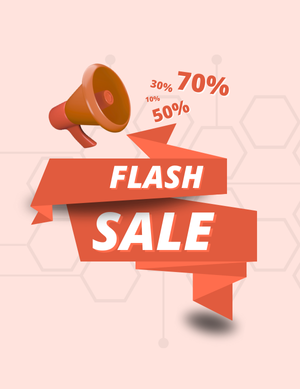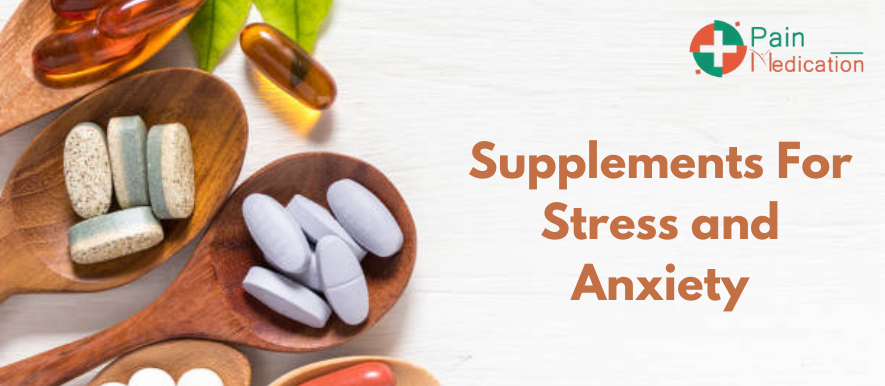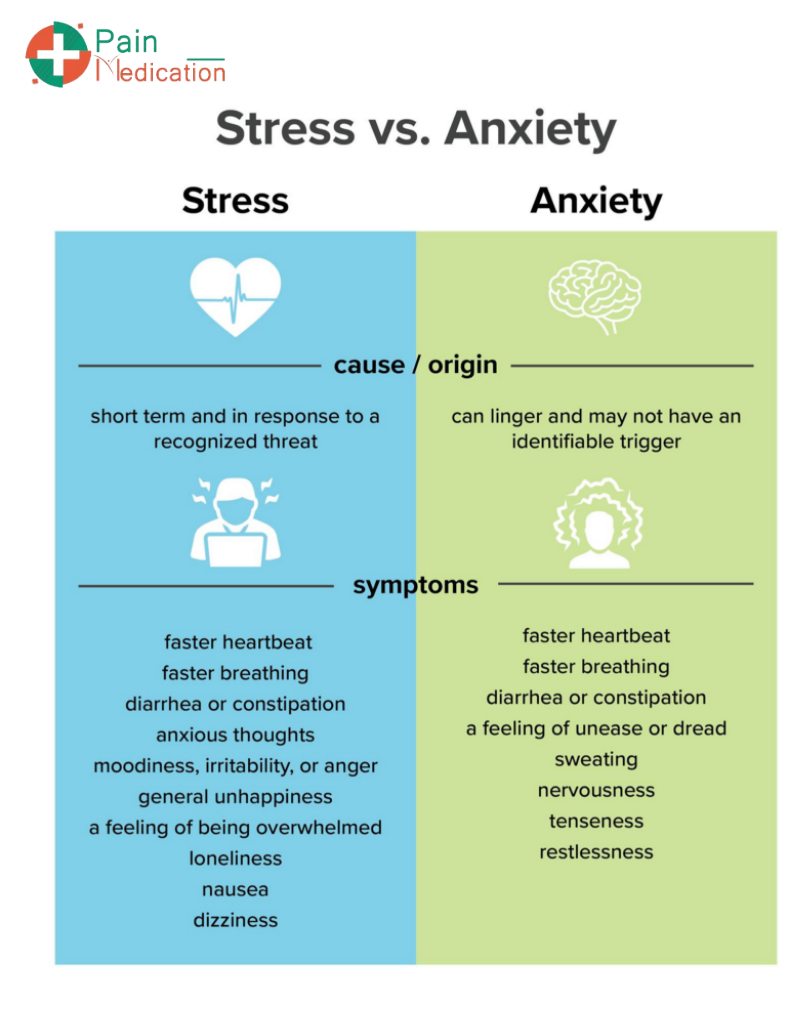Category
- Buy Adderall Online
- Buy Adipex Online
- Buy Alprazolam Online
- Buy Ambien Online
- Buy Ativan Online
- Buy Carisoprodol Online
- Buy Clonazepam Online
- Buy Codeine Online
- Buy Darvocet Online
- Buy Demerol Online
- Buy Diazepam Online
- Buy Dilaudid Online
- Buy Fioricet Online
- Buy Gabapentin Online
- Buy Hydrocodone Online
- Buy Hydromorphone Online
- Buy Klonopin Online
- Buy Lexapro Online
- Buy Lorazepam Online
- Buy Lorcet Online
- Buy Lortab Online
- Buy Meridia Online
- Buy Methadone Online
- Buy Modafinil Online
- Buy Norco Online
- Buy Opana ER Online
- Buy Oxycodone Online
- Buy Oxycontin Online
- Buy Percocet Online
- Buy Phentermine Online
- Buy Roxicodone Online
- Buy Soma Online
- Buy Suboxone Online
- Buy Subutex Online
- Buy Tapentadol Online
- Buy Tramadol Online
- Buy Valium Online
- Buy Viagra Online
- Buy Vicodin Online
- Buy Xanax Online
- Buy Zolpidem Online

Deals & Discounts
Use Coupon Code
SAVE10

Best Supplements for Stress and Anxiety
Stress and anxiety are common mental conditions arising from people’s hectic daily life schedules. Over 30 percent of people are likely to experience an anxiety disorder.
Anxiety disorders include specific phobias, generalized anxiety disorder (GAD), social anxiety disorder (SAD), panic disorder with or without agoraphobia, and separation anxiety disorder. Its treatment often includes medications psychological therapies, such as CBT (cognitive behavior therapy).

Researches suggest that dietary changes, such as taking specific vitamins, minerals, and other supplements, may benefit you in anxiety disorders. In this blog, we will discuss such supplements, but before that, here are some brief details about anxiety.
What causes anxiety?
The cause of anxiety can be a mental health condition, a physical problem, stressful life events, the effects of any specific drug, or a combination of these. The initial task of your medical healthcare professional is to see if your anxiety is a result of other medical conditions.
Severe anxiety resulting in disorders is the most common mental illness form in the United States, affecting about 1 in 5 adults. They can include periods of fear or excessive worrying that are more than you would expect from regular life stressors.
Common anxiety causes include panic disorder, specific phobias, generalized anxiety disorder, or stress disorders. While life events that can cause anxiety may consist of the following:
- stress from school
- stress at work
- financial stress
- stress in any personal relationship such as marriage
- stress from political issues or global occurrences
- stress from a severe mental illness
- stress from uncertain or unpredictable world events, like a pandemic (similar to one we are living in right now)
- stress from an emotional trauma such as the illness or death of a loved one
Other external factors that can cause anxiety may include:
- use of illicit medicine, such as cocaine
- Side effects of any medication
- symptoms of a medical health condition such as heart stroke, heart attack, or hypoglycemia
- lack of oxygen in situations as diverse as emphysema, high altitude sickness, or pulmonary embolism (blood clotting in the vessels of the lung)
The medical healthcare professional has the most challenging task of determining the source of the symptoms. For example, in a study conducted on people with chest pain, a sign of heart disease, 43 percent was found to have a panic disorder rather than a heart-related medical condition.
How to calm anxiety?
All of us would have felt anxious from time to time. Occasional anxiety is a normal human reaction to uncertainty about what will happen next in life, whether that thing is in the next few minutes, days, or months. Mental health experts define stress or anxiety as worry over a threat that has not happened yet (or is less likely to happen). Here are some tips to calm anxiety,
Accept yourself and your anxiety.
It is not what individuals usually expect to hear, but one of the most effective measures to ease occasional stress or anxiety is to accept it the way it is. We should understand that the thoughts we resist persist the most. And, when we let anxiety run its course without fighting it, somehow, that makes it less. While on the other hand, fighting with anxiety usually triggers a panic attack.
It would help if you never criticized yourself for your feelings, instead consider it a normal and healthy response from the body to specific circumstances, which are stressful, complicated, or complex.
Also, some researches suggest that you can perform very well with anxiety and the adrenaline rush it causes. For now, think back to when you were anxious but did what you needed to do anyway. There must be times when you were stressed before an event or a meeting. But later, you did a fantastic job and surprised yourself.
Steps to stop anxiety
When you feel like your anxiety is getting pretty overwhelming, you may try these simple techniques to give you quick and short-term relief. Firstly do a reality check by asking these questions to yourself:
- How much is the possibility of the thing or event I am anxious about will happen?
- Am I supposed to think something will surely go wrong? What if it turns right?
- By any means, is there a chance of me getting overly worried?
Communicate your heart out
You may share your anxiety with anyone you trust. Do not avoid your anxious thoughts, which can further make them worse. A conversation over with a family member or friend who can help you deal with the situation better and put a perspective on your loved ones.
Make yourself feel safe.
It is natural to feel scared or out of control when anxiety kicks in. Your mind might be racing to all the uncertain future catastrophes. So, in that time, you need to remind yourself that you are safe at home and need to worry about any threat. Thinking positive can ground you at the moment and reboot the functioning of your brain and body, so you feel less anxious.Buy xanax online to treat stress and anxiety.
Redirect nervous energy
Sometimes, anxiety can be like a motor revving, and you can use that extreme energy into something productive. The adrenaline rush can make you overcome your biggest fears if you channel them in a good direction.
What does anxiety feel like?
People with anxiety feel like their body is on high alert. They keep looking for possible dangers that activate their flight responses. There are four most popular illustrations regarding what anxiety feel like:
- It feels like someone is stabbing a knife in the chest with each deep breath you take
- Like a rain cloud following you wherever you go
- Like an imposter who resembles you has hijacked the normal you
- It feels like a regular explosion in the brain, and your thoughts keep spiraling out of control
Supplements for Stress and Anxiety
The supplements we are suggesting here were chosen depending upon the following criteria:
- Efficacy: According to current research, the primary ingredients are safe and effective.
- Brand reputation: These supplements are manufactured by reputable brands that take third-party testing.
- Quality: The manufacturers ensure to prioritize high-quality ingredients.
Magnesium
Magnesium is a crucial mineral that plays a significant role in your body’s stress response. Additionally, it is believed that magnesium supplements may benefit people with anxiety and are safe and well-tolerated.
Saffron
Saffron is a bright-hued spice that has both culinary and medicinal uses. It is loaded with antioxidant compounds and is especially beneficial for individuals with anxiety when one uses it as a supplement.
However, pregnant women should speak with their medical healthcare professionals, as some limited research suggests that saffron supplements are likely to cause uterine contractions.
Vitamin D Capsules
Various people are deficient in or get suboptimal vitamin D levels, a beneficial fat-soluble nutrient that is essential for the proper functioning of the brain and mood regulation. Studies suggest that vitamin D inadequacy is usually common in people with mental conditions, including anxiety disorders.
Furthermore, research suggests that administering high doses of vitamin D may also help reduce the severity of anxiety symptoms in individuals with anxiety disorders, including those with a generalized anxiety disorder (GAD).
Chamomile
Chamomile is an effective herb widely known for its calming properties. While it is primarily consumed as a tea, chamomile supplements may be effective for people with anxiety. Some research suggests that this herb has anti-anxiety and antidepressant properties.
However, keep in mind that pregnant women and people who are allergic to it or related plants such as chrysanthemums, ragweed, daisies, or marigolds should avoid taking this supplement due to potential safety issues. Chamomile supplements may interact with specific drugs, including those which help treat anxiety, so it is essential to consult your medical healthcare professional before taking chamomile supplements.
L-theanine
L-theanine is a source of amino acid naturally available in green tea. It has been shown to have anti-anxiety and stress-relieving effects when someone takes it in supplement form. L-theanine supplements have also been proved to help reduce anxiety symptoms in people with schizoaffective disorder or schizophrenia and major depressive disorder.
Omega-3 fats
Omega-3 fats offer powerful anti-inflammatory effects and may be effective for people with anxiety.
Vitamin C
Vitamin C is an effective nutrient that functions as a potent antioxidant in the body. Researchers recommend that vitamin C may help combat the damage caused by oxidative stress in individuals with neuropsychological disorders, including anxiety.
Additionally, studies have demonstrated the profits of vitamin C supplements in individuals with anxiety. These supplements are also effective in reducing anxiety symptoms in women and adults with diabetes. It usually comes in a convenient liquid form, so it becomes an excellent choice for people who can not or do not like to swallow pills.
Curcumin
Curcumin is an effective polyphenol compound available in turmeric that’s been shown to have potent anti-inflammatory and antioxidant properties and may have antidepressant and anti-anxiety properties. Curcumin has also been proved effective in reducing anxiety in people with diabetes and individuals with obesity and depression.
Multivitamins
Research shows that multivitamin supplements may aid in improving anxiety symptoms. Remember that multivitamins are not one size fits all. Some multivitamins may be inappropriate for specific people, as nutrient requirements depend upon several factors, including age, sex, and overall health.
For example, teen girls or younger women may benefit from additional iron in their diet, whereas postmenopausal women and men typically have lower iron needs. Before using a multivitamin for anxiety, ensure to talk with your medical healthcare professional, as they can assist you in purchasing a product that is appropriate for your requirements.

Leave a Reply